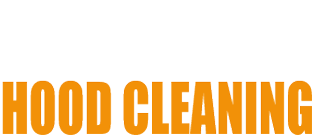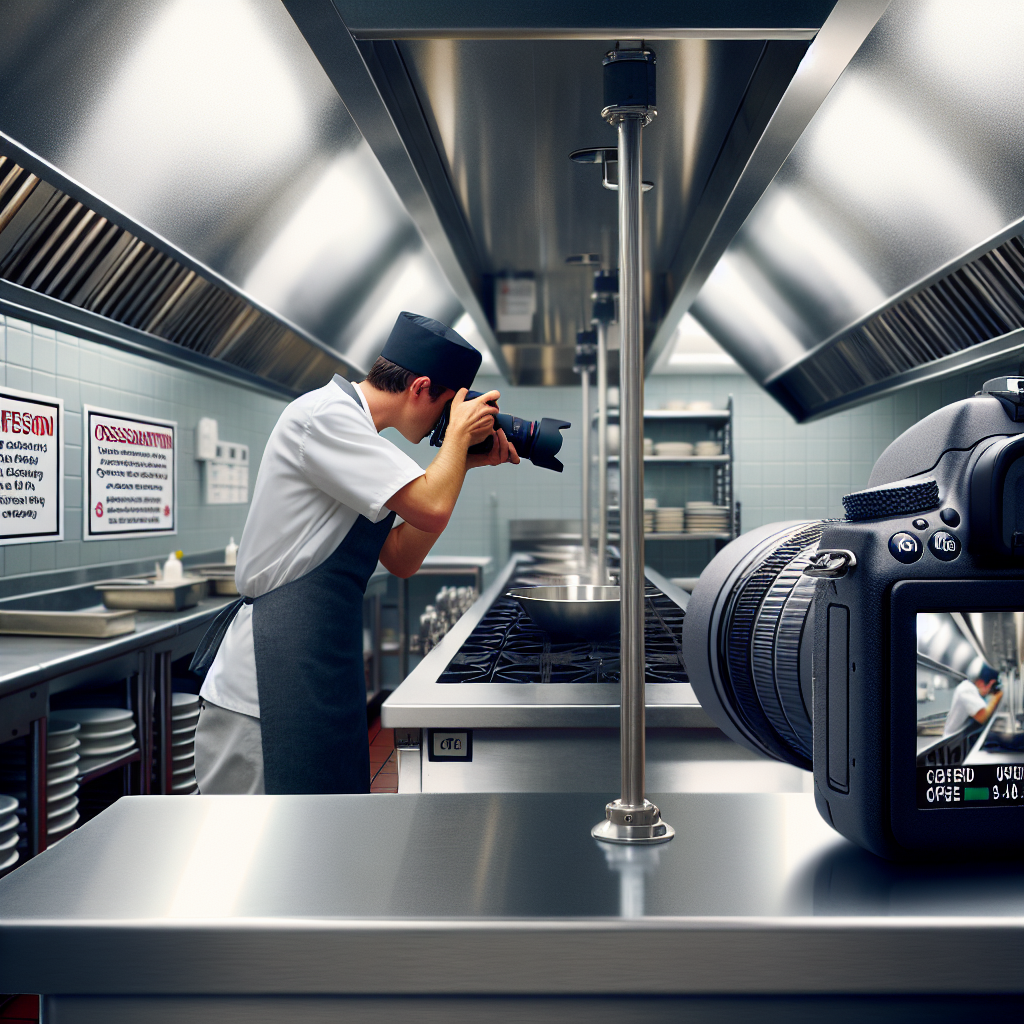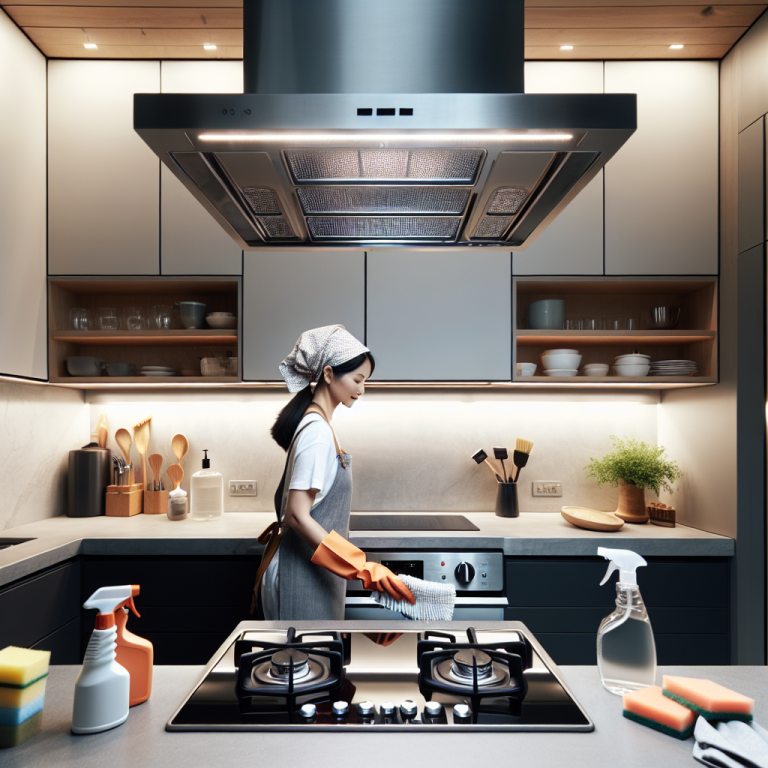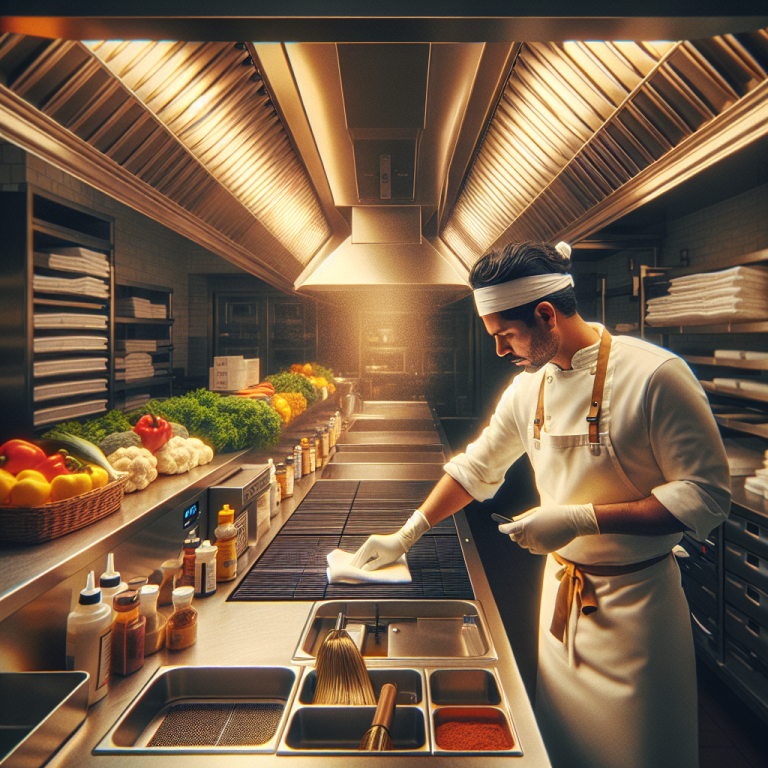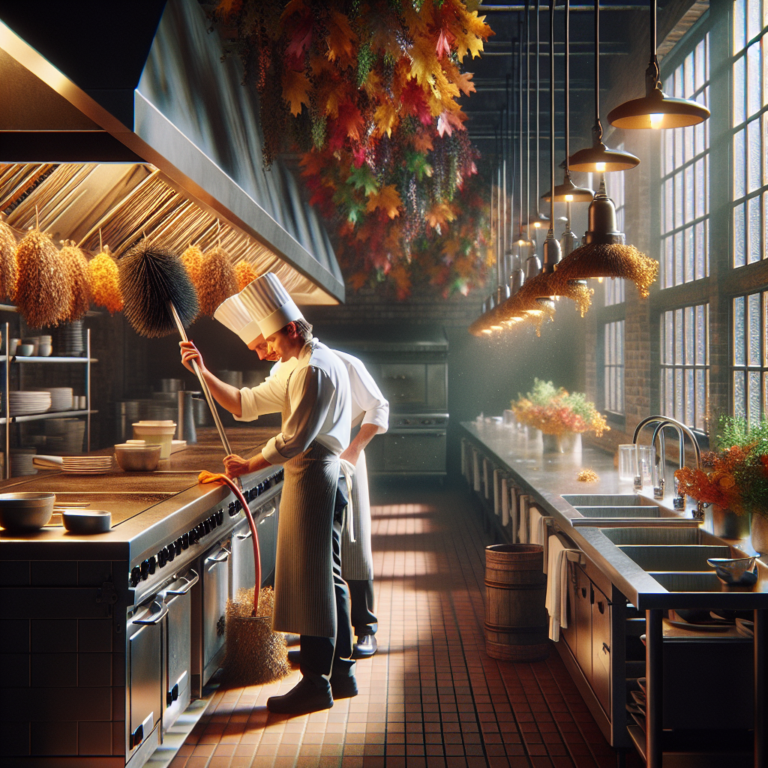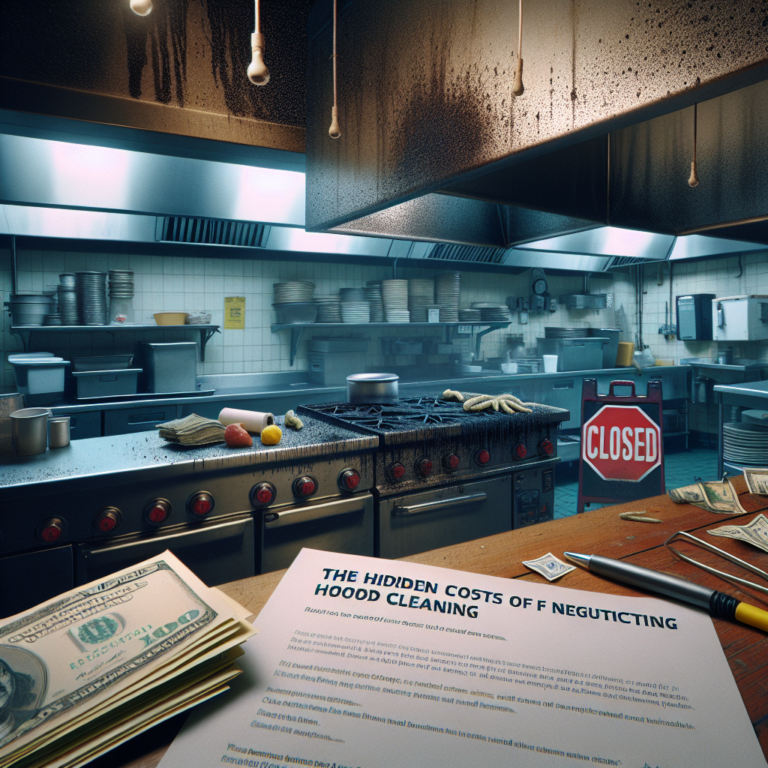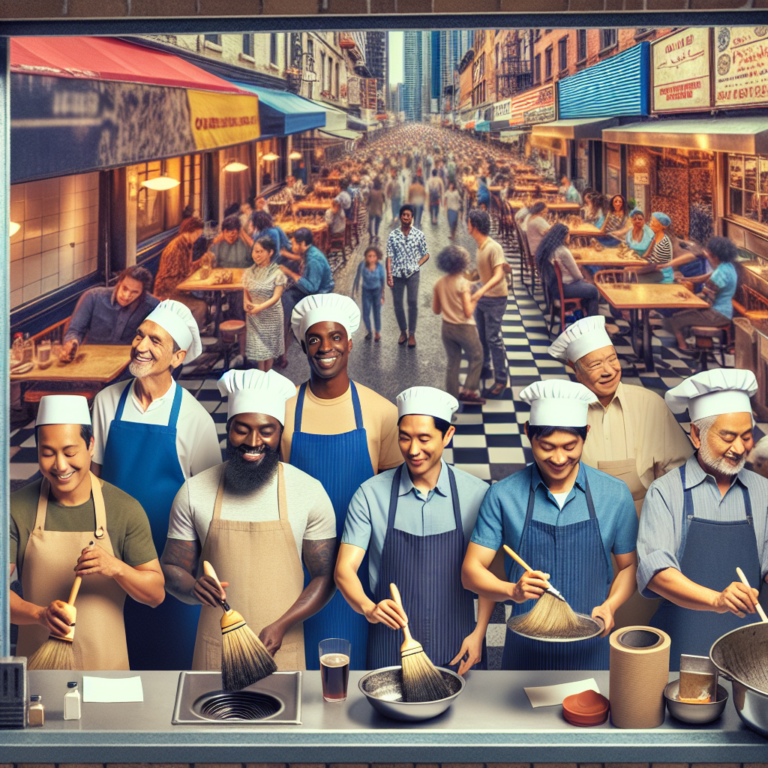Hood Cleaning: Essential for Preventing Cross-Contamination and Protecting Allergic Diners
Understanding the Impact of Hood Cleaning on Food Allergy Safety
When it comes to food allergies, safety is a paramount concern for individuals dining out and for the establishments that serve them. The connection between food allergens and kitchen cleanliness is a critical one, yet it often flies under the radar. This underscores the essential role of hood cleaning in ensuring a safe dining environment, especially in bustling commercial kitchens. In this article, we’ll dive into how effective restaurant hood cleaning forms a protective barrier against food cross-contamination, a major trigger of allergic reactions.
The Mechanics of Cross-Contamination
Cross-contamination occurs when allergens are accidentally transferred from one food item to another, which is not supposed to contain those allergens. This transfer can happen due to unclean kitchen surfaces, utensils, or even the air and equipment within a kitchen. While allergen-specific protocols and vigilant staff are important, the physical cleanliness of the kitchen environment is imperative to maintain safety.
Why it Matters
With the prevalence of food allergies on the rise, more diners are becoming vigilant about their food preparation. A misstep in controlling allergens can lead to severe allergic reactions, which not only jeopardize the health of customers but also can result in legal and reputational repercussions for restaurants. Therefore, commercial kitchen hood cleaning steps in as a crucial measure to combat cross-contamination.
The Role of Hood Cleaning in Allergen Control
The kitchen exhaust system, which includes vents and hoods, plays an integral role in the functioning and sanitation of a restaurant kitchen. The exhaust hood is designed to capture grease, smoke, steam, and airborne particles to prevent them from circulating back into the workspace.
In a busy kitchen, residues from cooking can quickly accumulate on surfaces, including the hood, if not properly maintained. This creates a fertile ground for the proliferation of allergens. Regular exhaust hood cleaning is an effective way to remove these residues, thus reducing the risk of cross-contamination and creating a safer cooking environment.
The Science Behind Effective Hood Cleaning
An effectively cleaned exhaust hood system involves thorough greasing and the removal of buildup that otherwise could trap food particles and allergens. A professional Denver hood cleaning service will ensure the complete removal of these particles from the system, thereby minimizing the possibility of allergen exposure. The process involves:
- Pre-cleaning Inspection: Assessing the degree of buildup and potential problem areas that require attention.
- Deep Cleaning: Utilizing specialized tools and cleaning agents to break down grease and trapped particles.
- Post-cleaning Sanitation: Ensuring that all parts of the hood system, including filters and ducts, are sanitized to eliminate any remaining contaminants.
- Regular Maintenance Scheduling: Establishing a cleaning schedule that aligns with kitchen use intensity to ensure consistent cleanliness.
How Denver Establishments Can Benefit
For restaurants in Denver, a commitment to regular Denver hood cleaning not only aligns with local health department requirements but also demonstrates a proactive stance on food safety. This not only safeguards diners with food allergies but enhances the overall culinary experience by ensuring that dishes taste as intended, free of unintended flavors caused by contaminants.
Boosting Reputation Through Cleanliness
A clean kitchen is evident in the quality of the food produced and the health of its patrons. Customers perceive safe dining environments as higher quality, which directly influences their dining choices. By prioritizing exhaust hood cleaning and other hygiene measures, Denver restaurants can elevate their reputation, attract a larger clientele, and ensure repeat business.
The Synergy of Professional Hood Cleaning and Staff Protocol
While professional restaurant hood cleaning is a significant intervention, it should not replace essential allergen protocols that staff follow. Effective communication and constant staff training are cornerstones of a comprehensive strategy to prevent allergic reactions. The synergy between personnel diligence and professional cleaning services forms a formidable defense against cross-contamination in kitchens.
Kitchen staff should be educated on:
- Proper food storage to prevent allergen exposure.
- Using dedicated equipment for allergen-specific menu items.
- Identifying and responding to allergen-related emergencies efficiently.
Conclusion
In conclusion, pristine hood systems are not just about regulatory compliance; they are about offering diners, especially those with food allergies, the peace of mind they deserve. As food safety continues to be a central theme in the dining industry, investing in regular hood cleaning services is a proactive measure that bridges the gap between delicious dining and robust allergen safety protocols. Denver restaurants that prioritize this holistic approach will likely see the dividends of healthier patrons and a sterling reputation.
